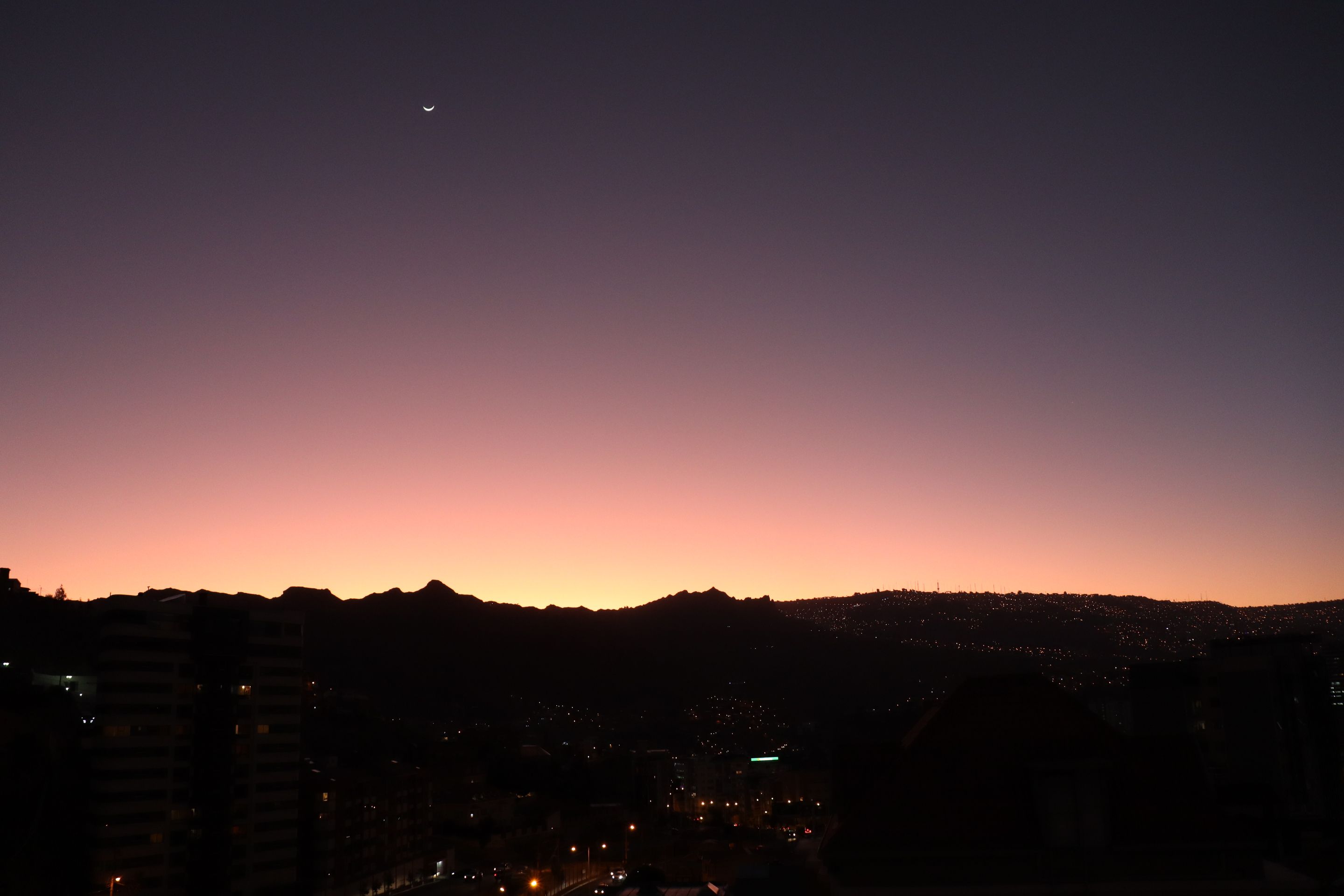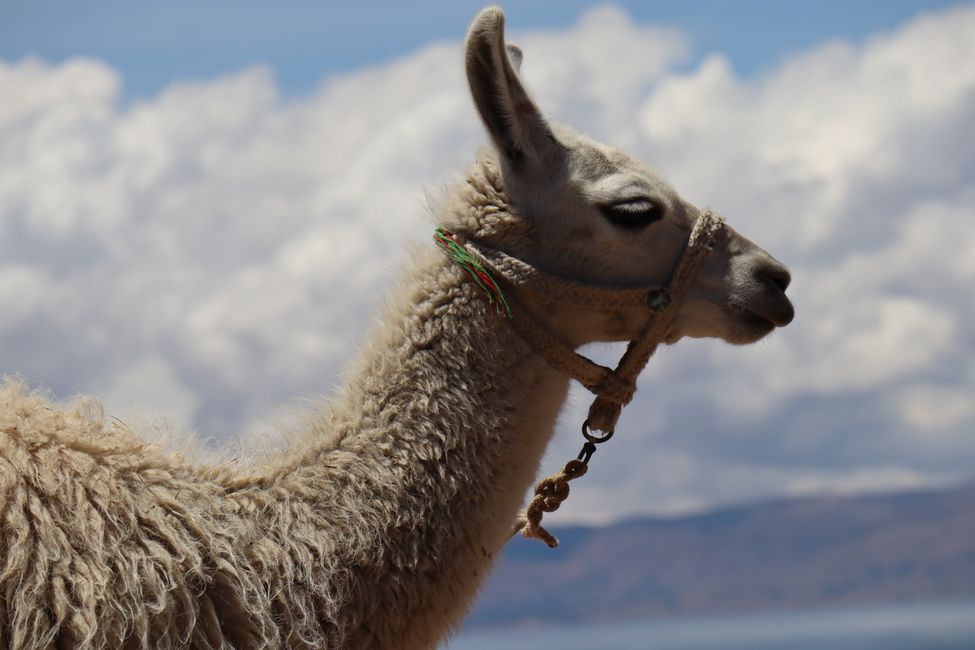
fear-and-loathing-in-southamerica
vakantio.de/fear-and-loathing-in-southamerica
Travel blog
प्रकाशित: 01.10.2022
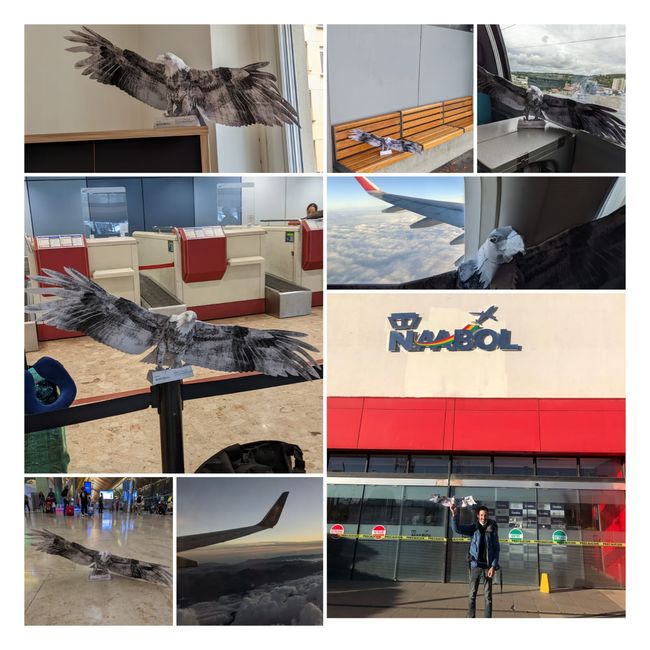
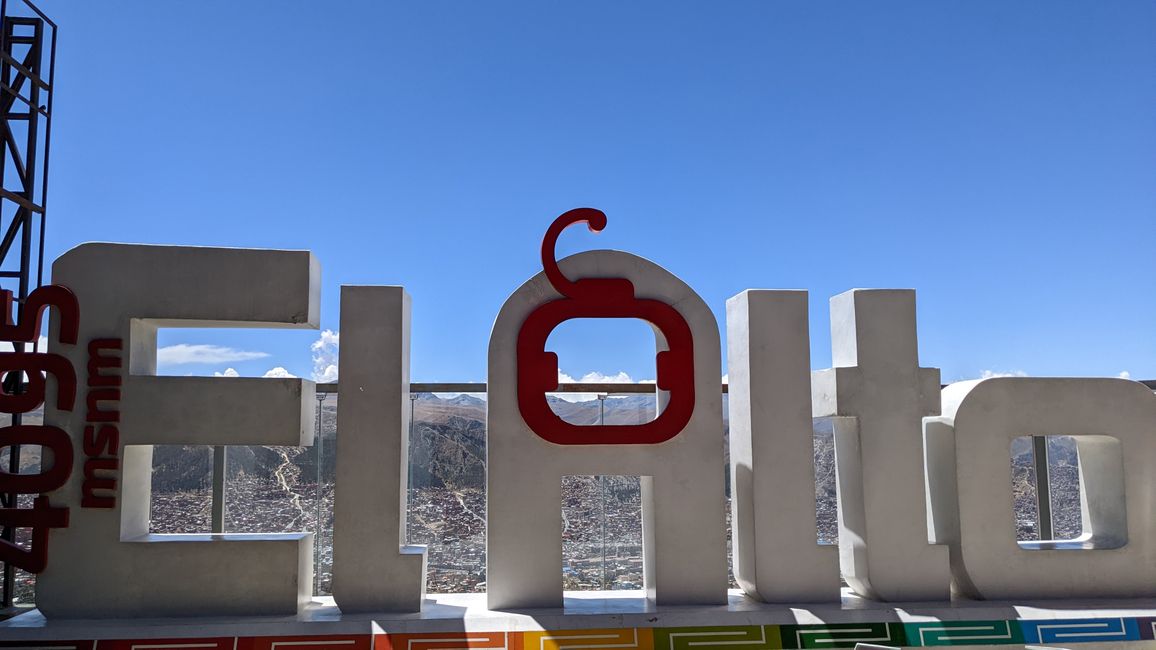
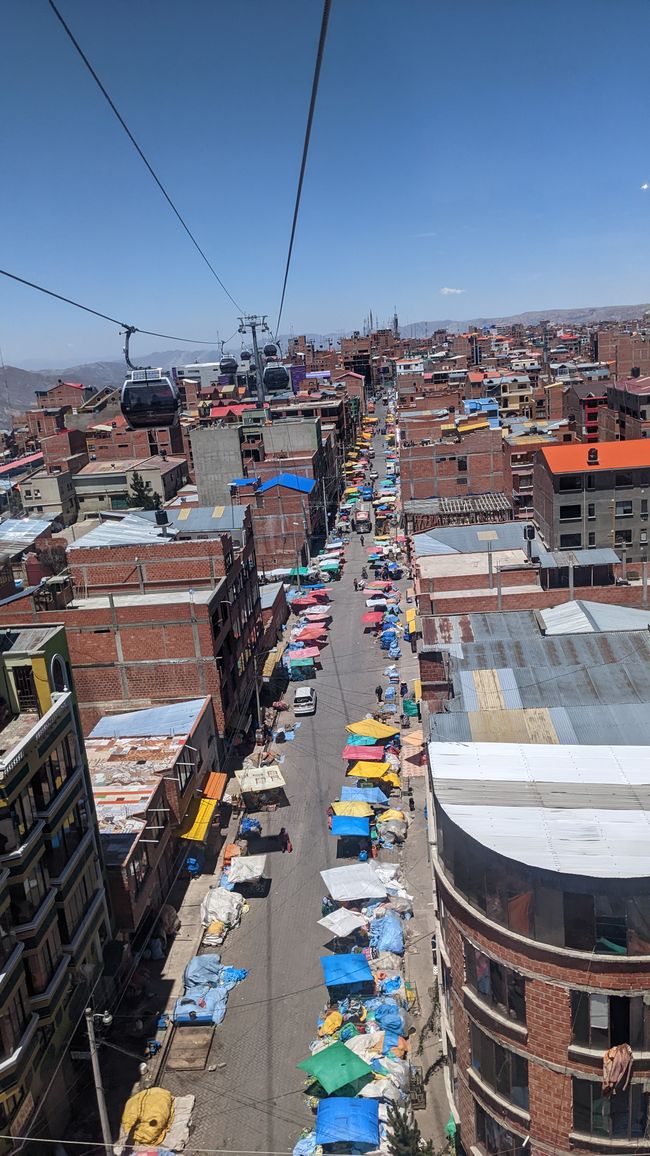
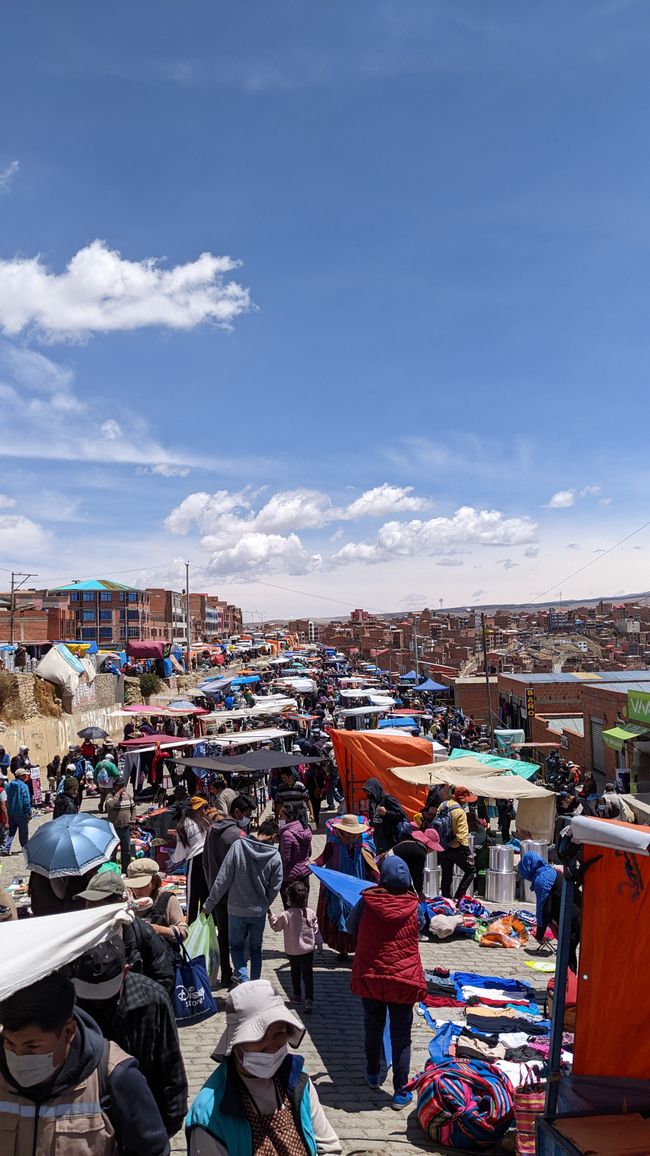
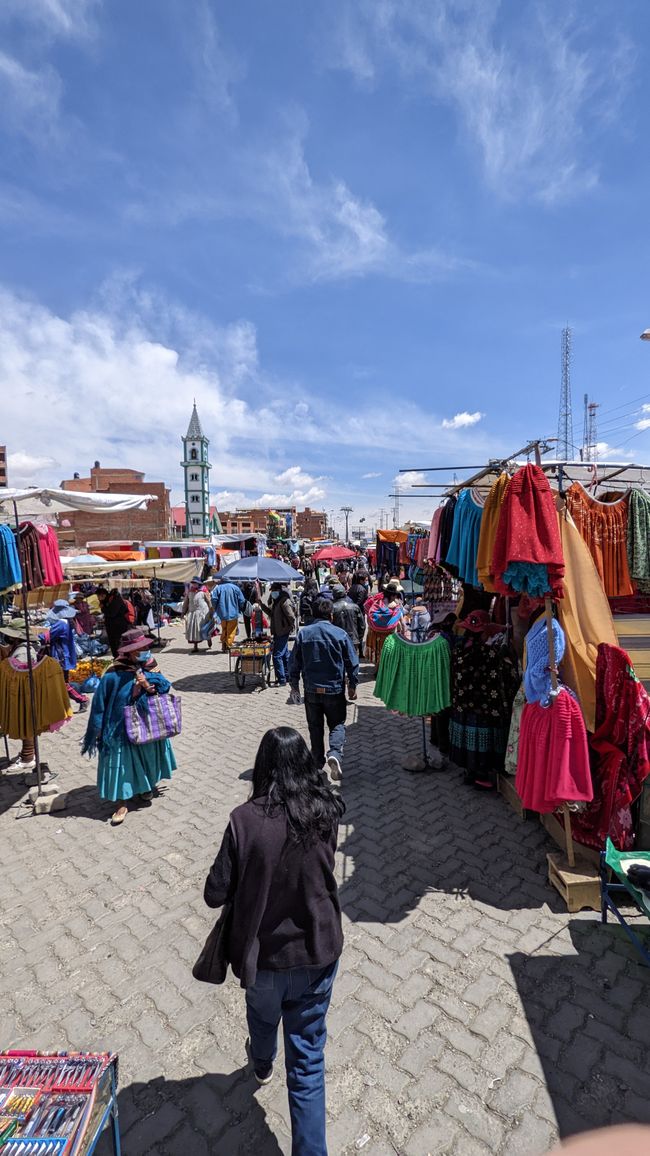
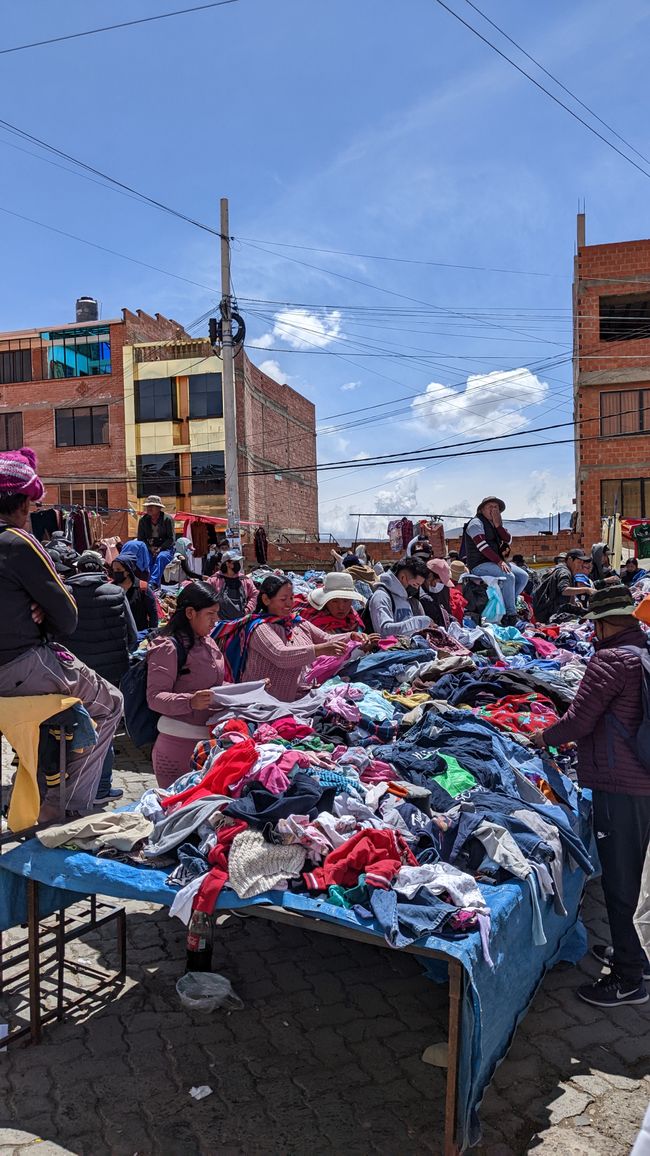
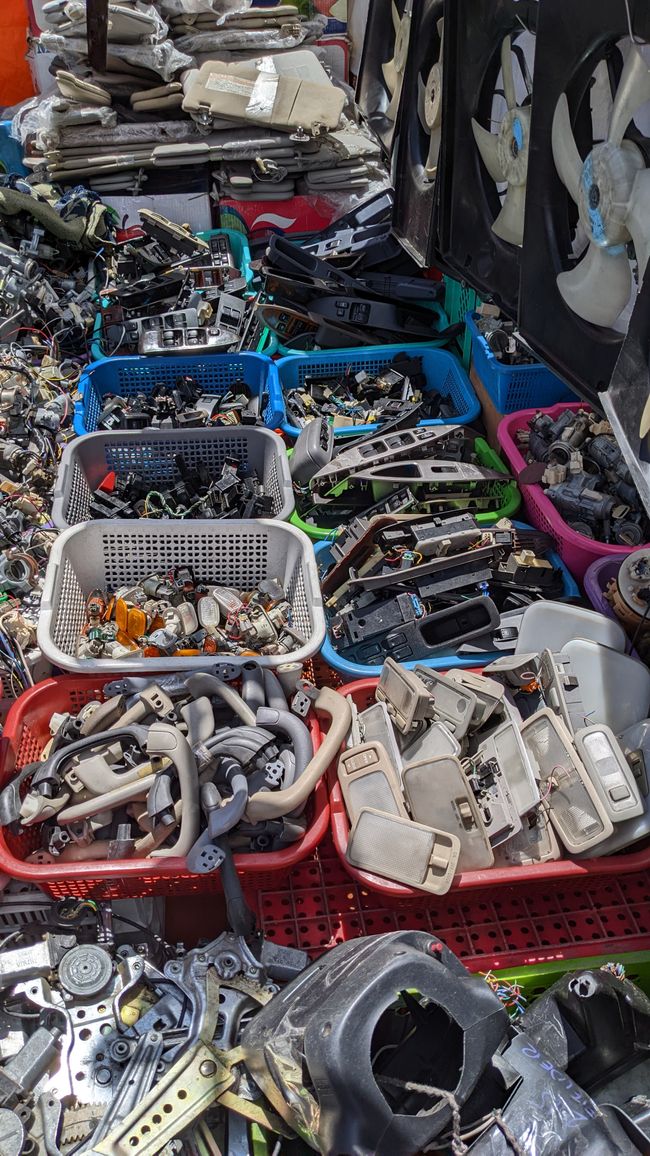
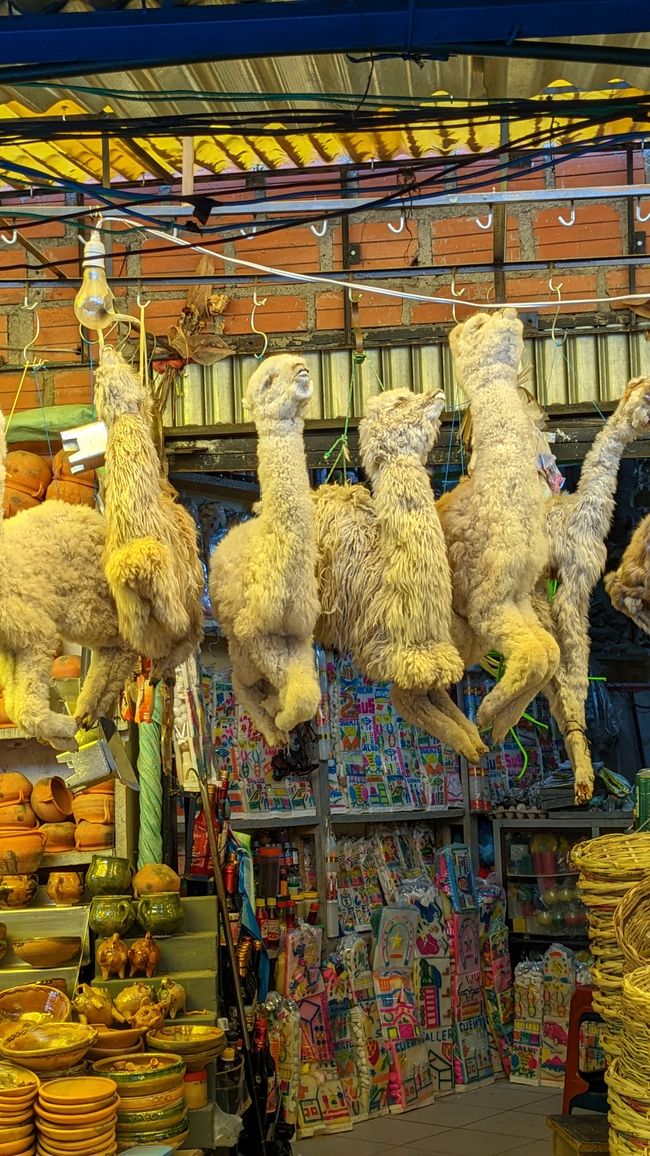
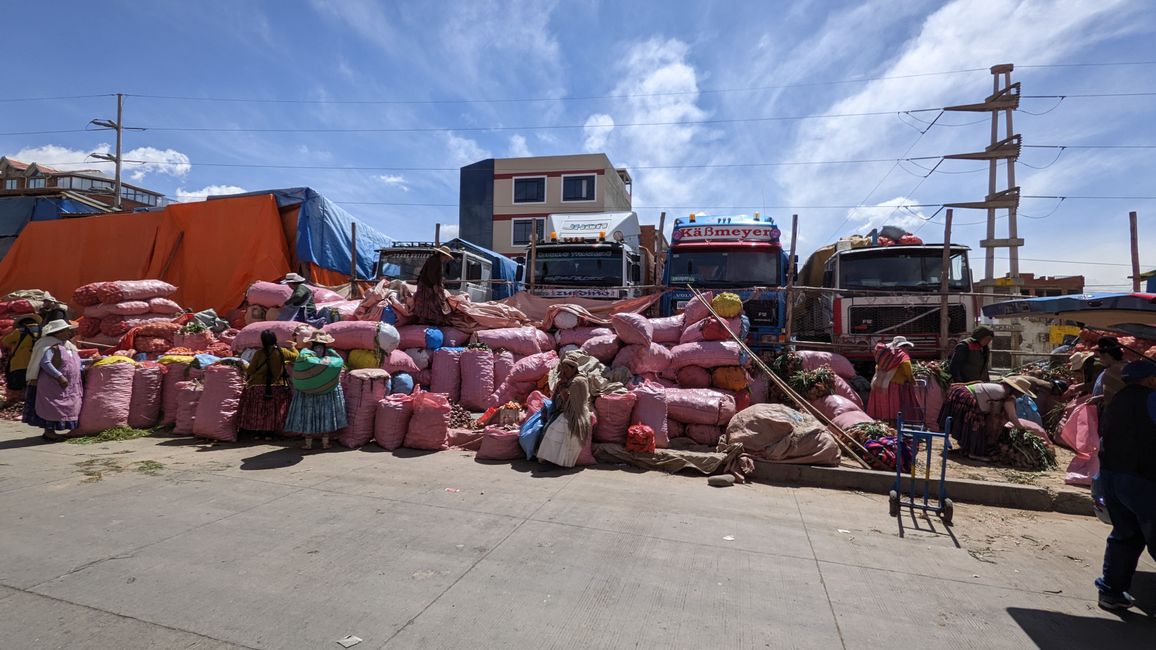
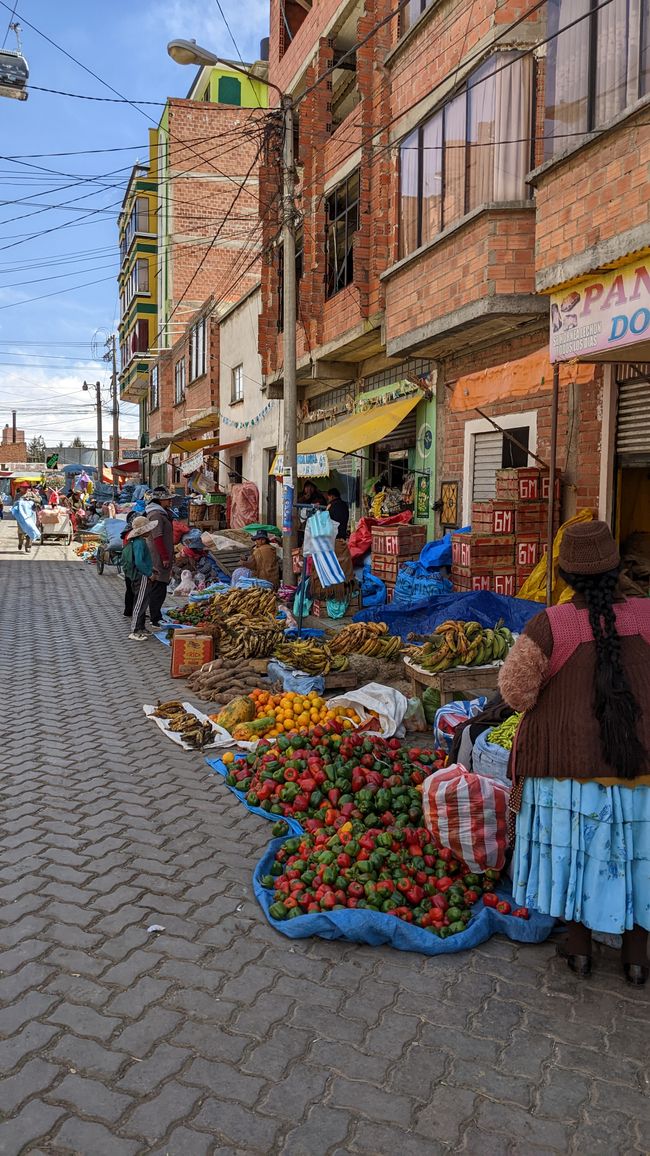
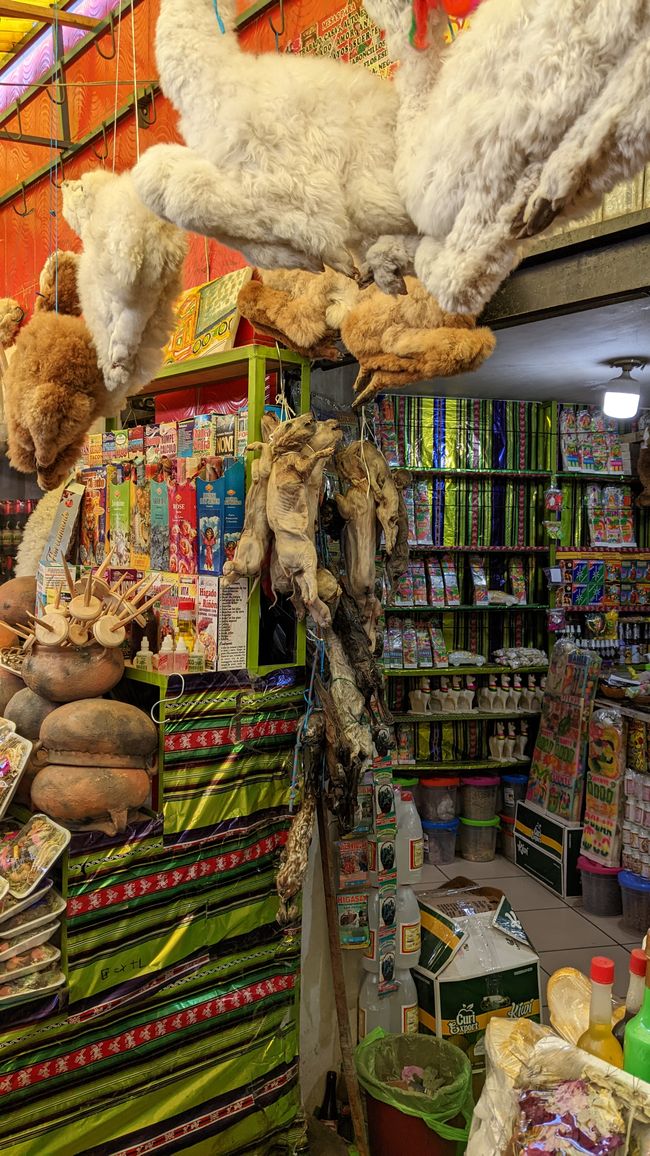
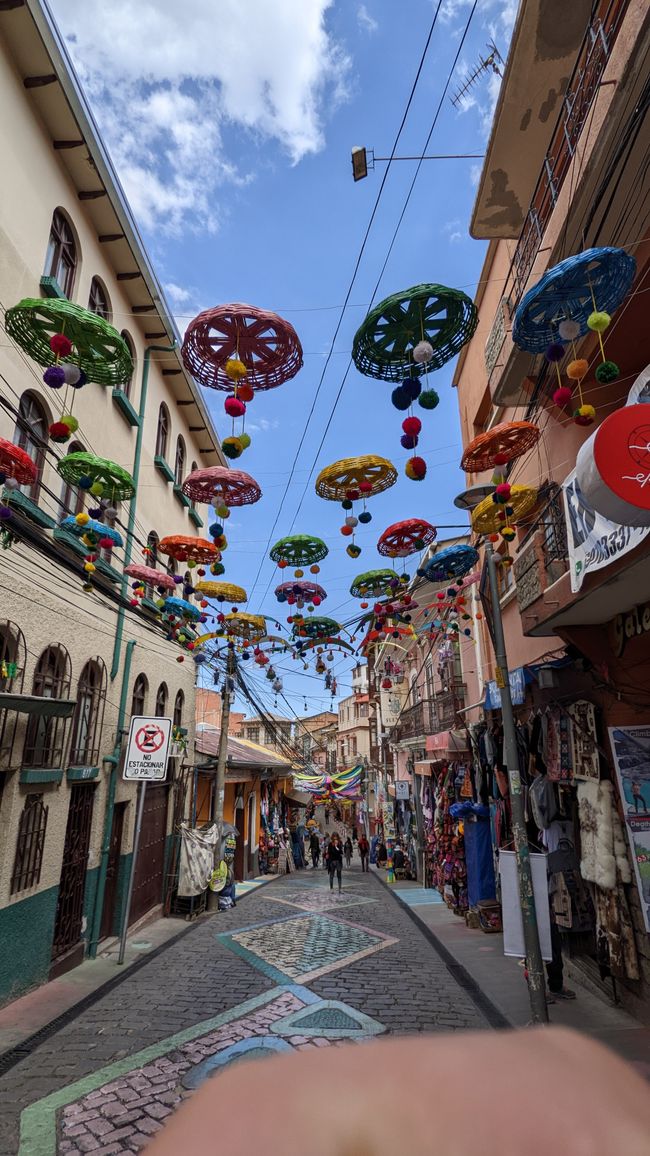
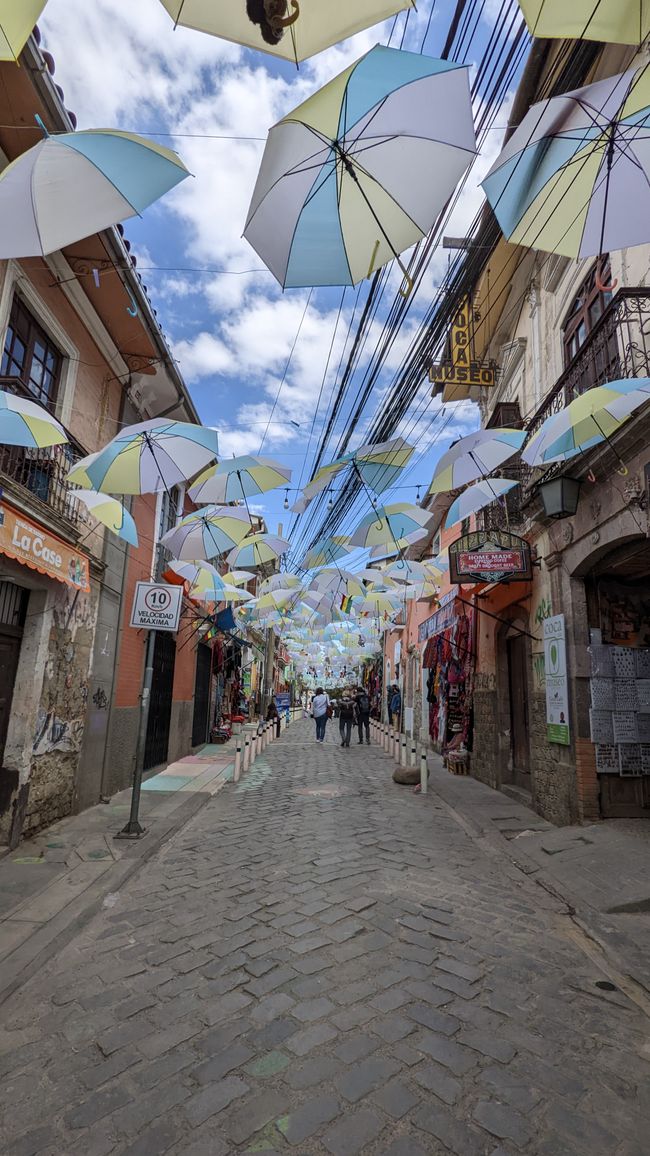
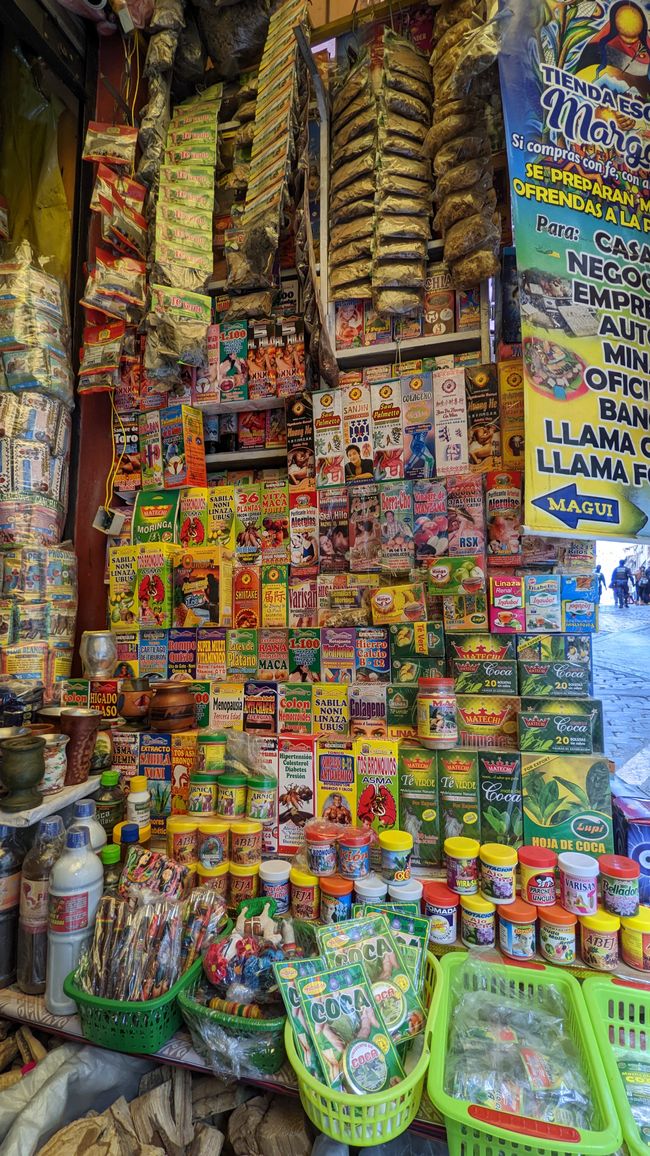
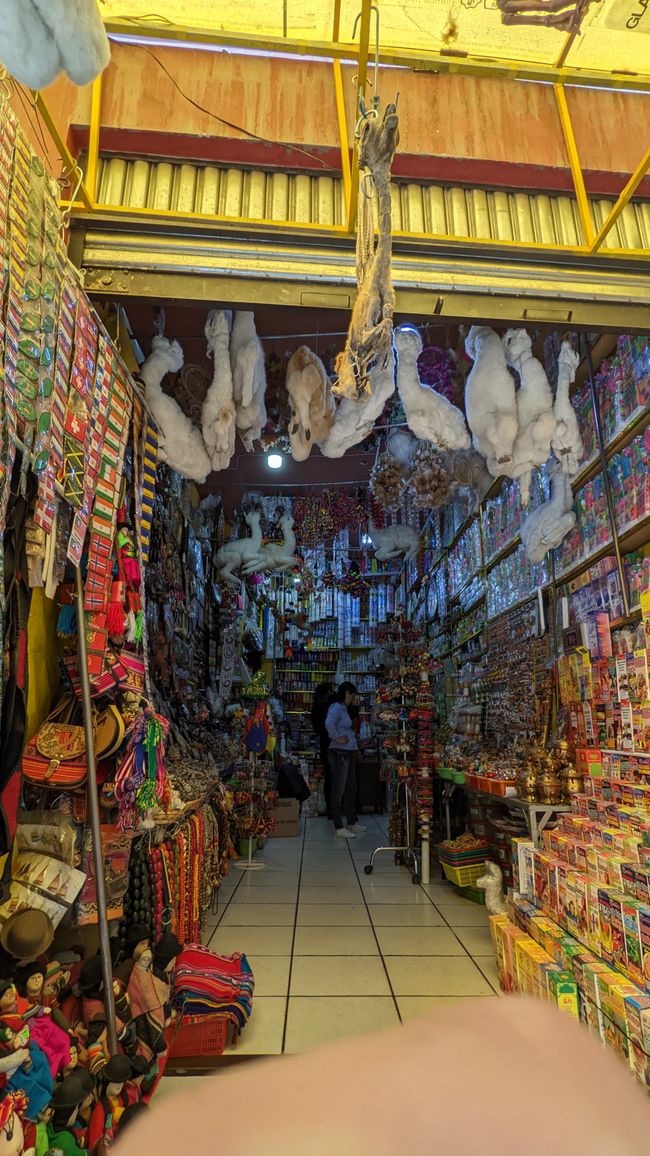
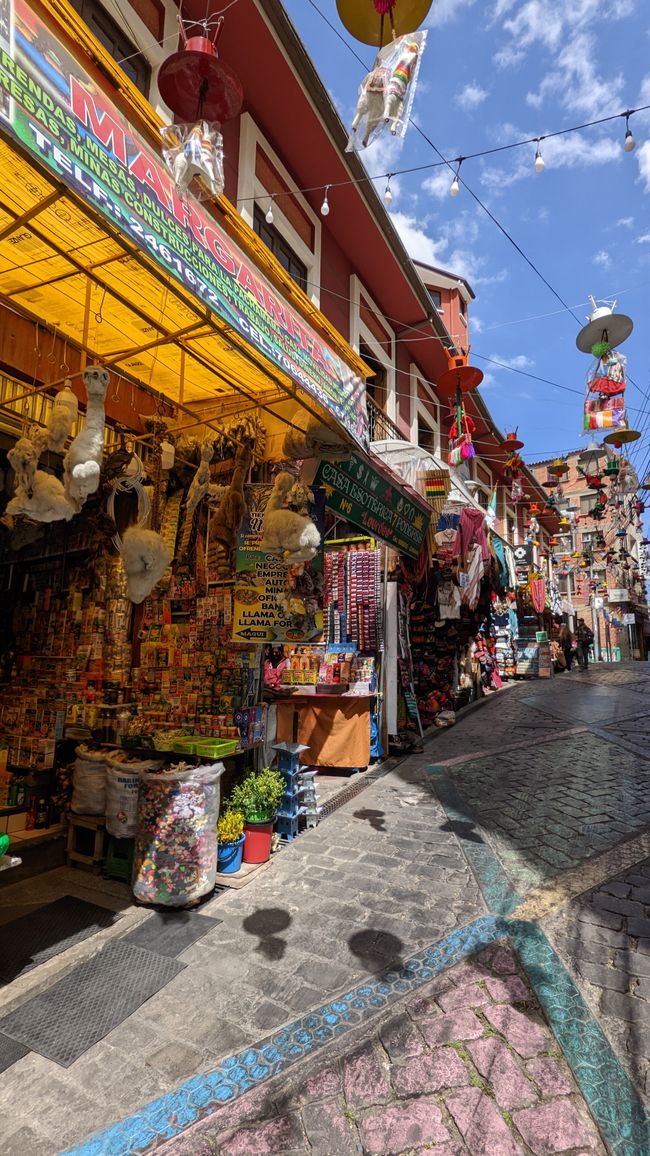
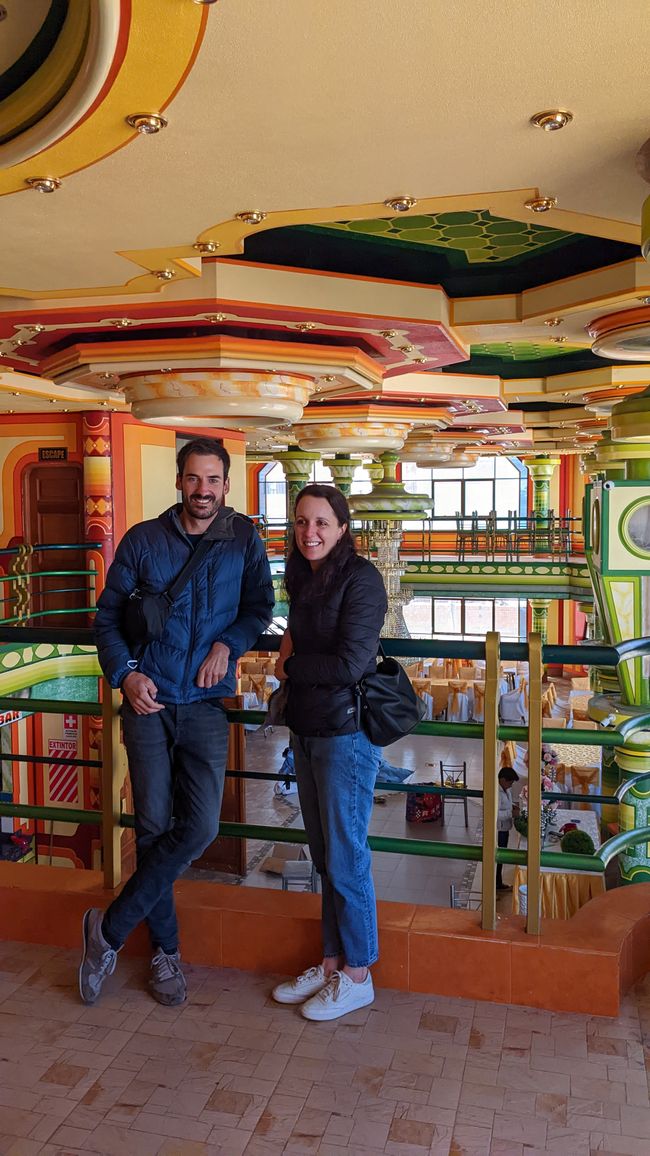
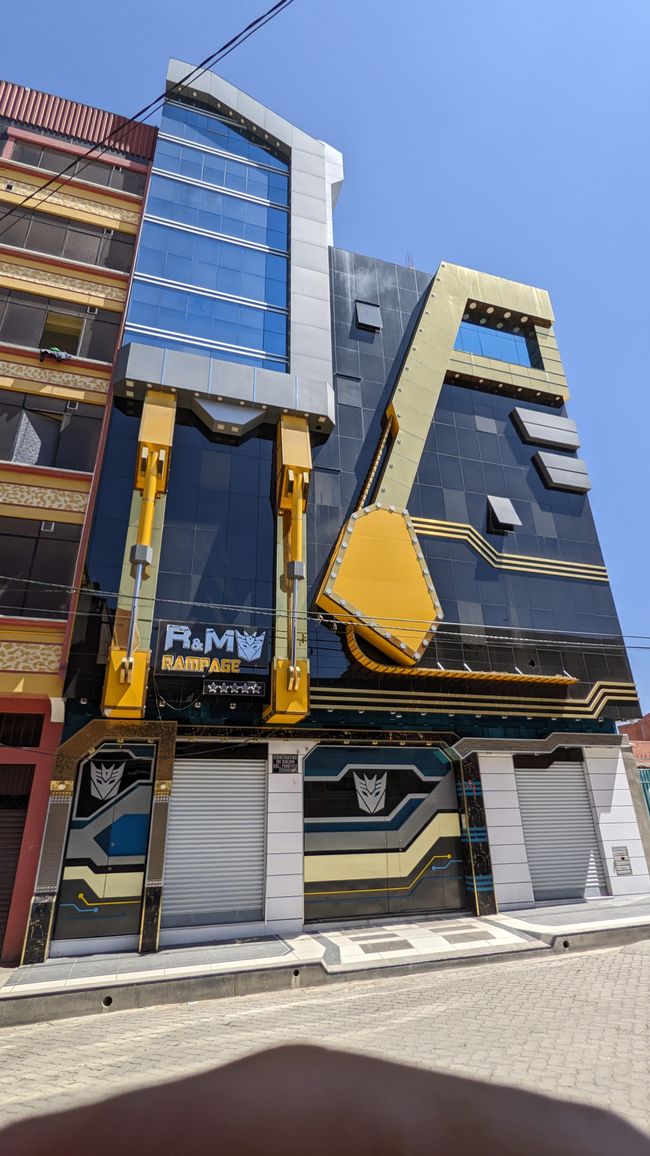
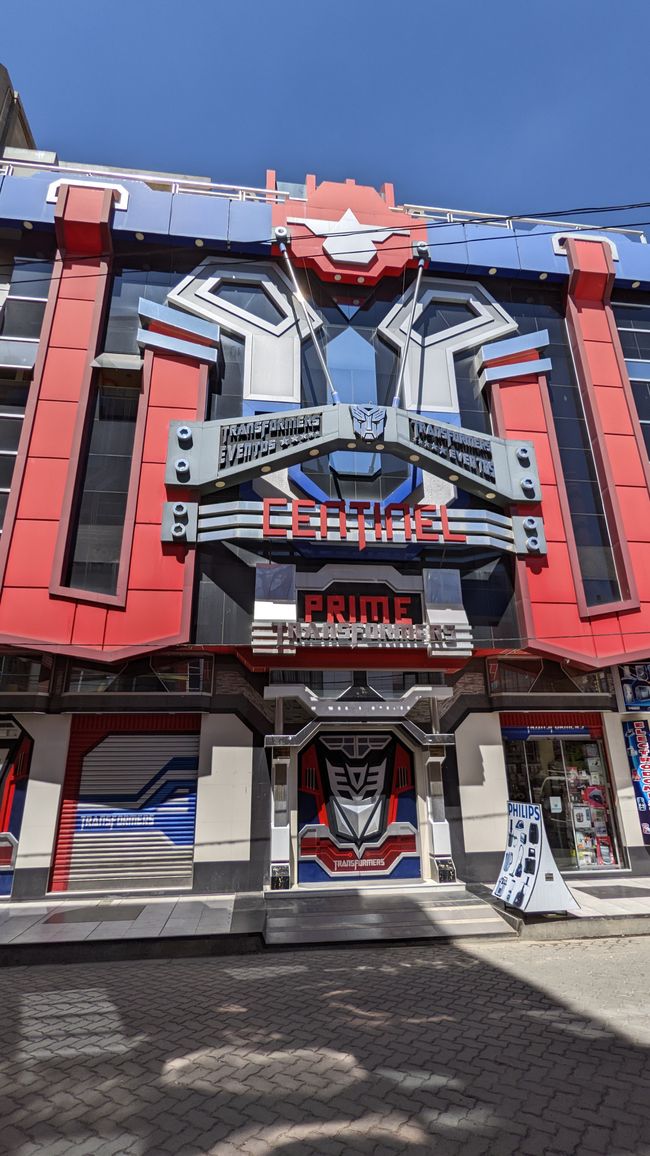
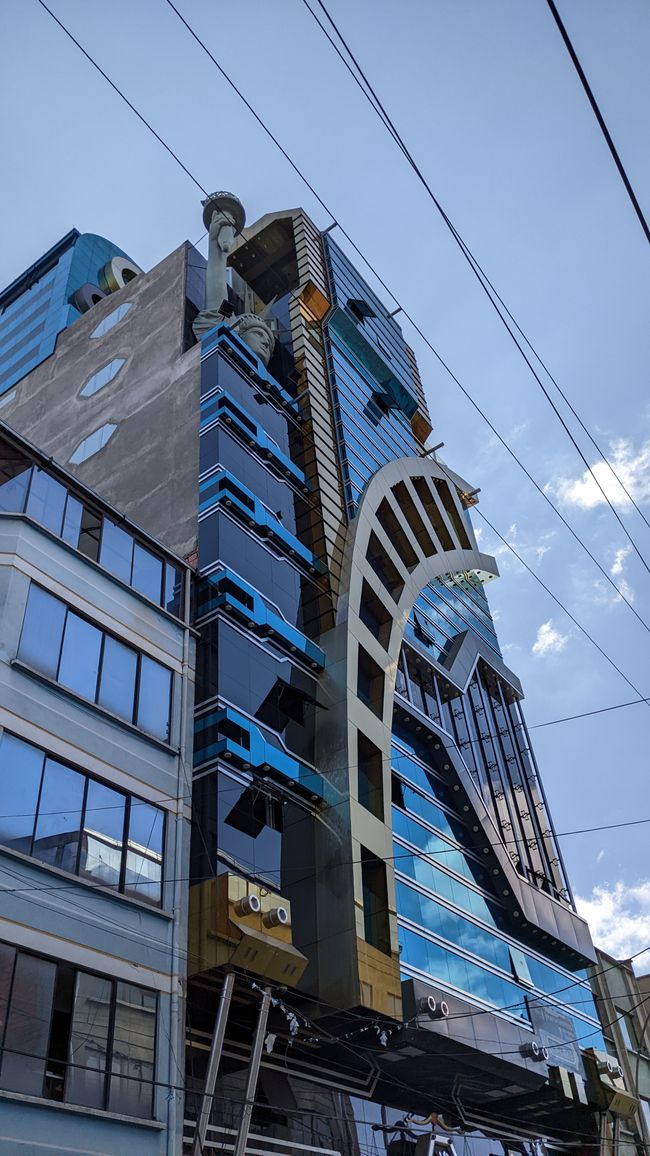
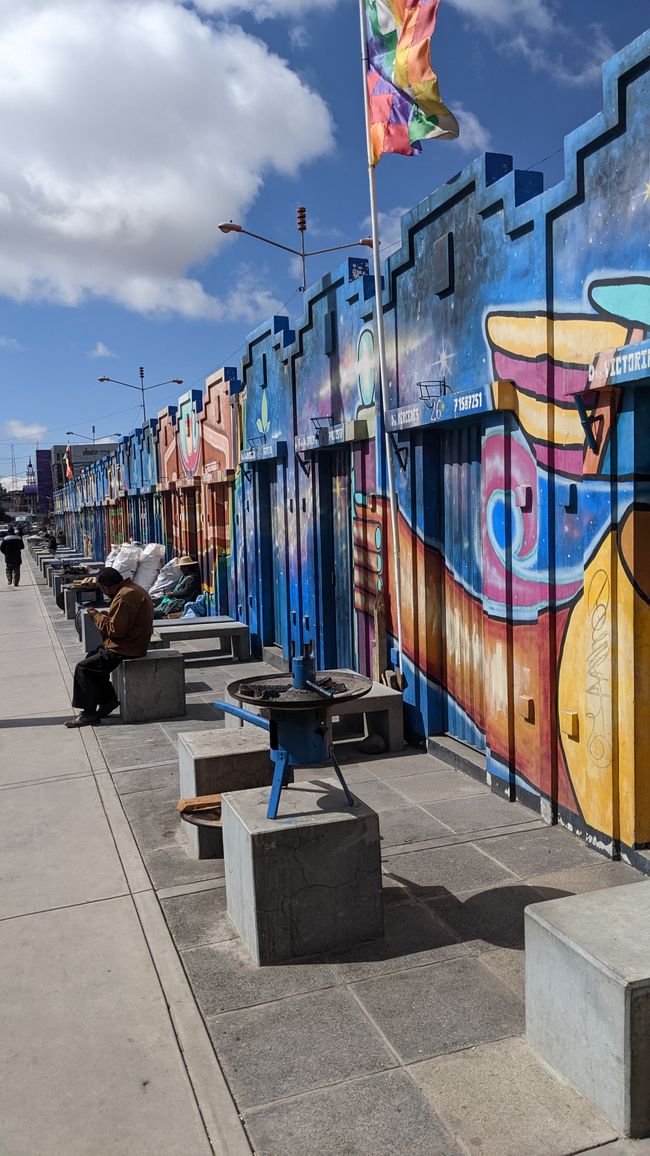
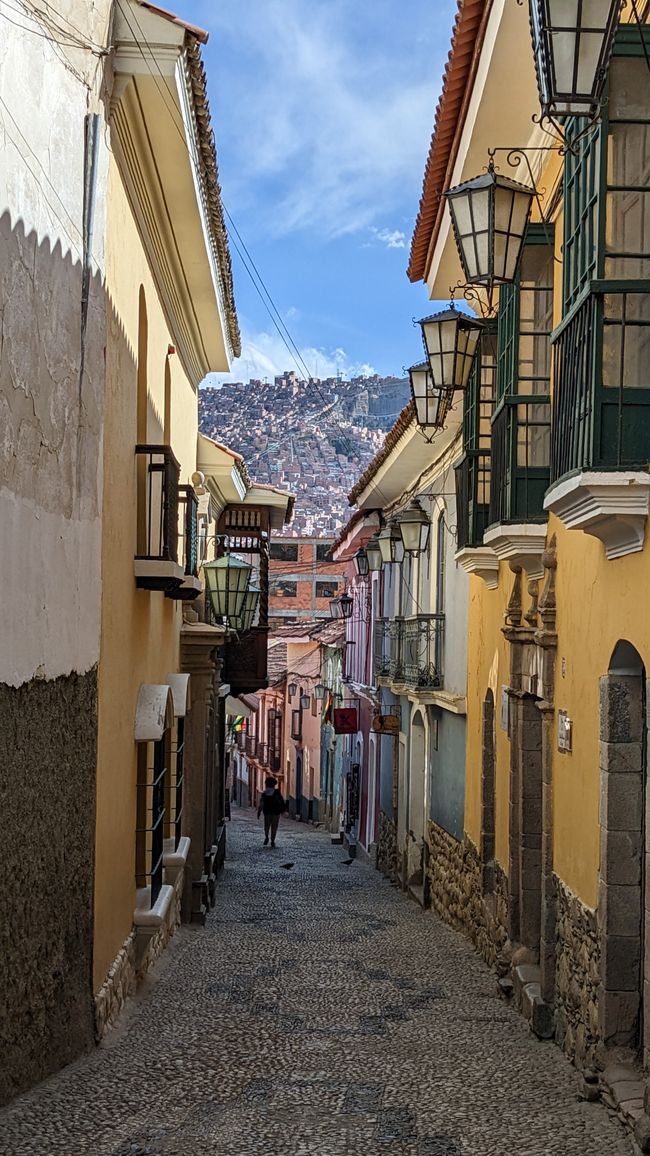
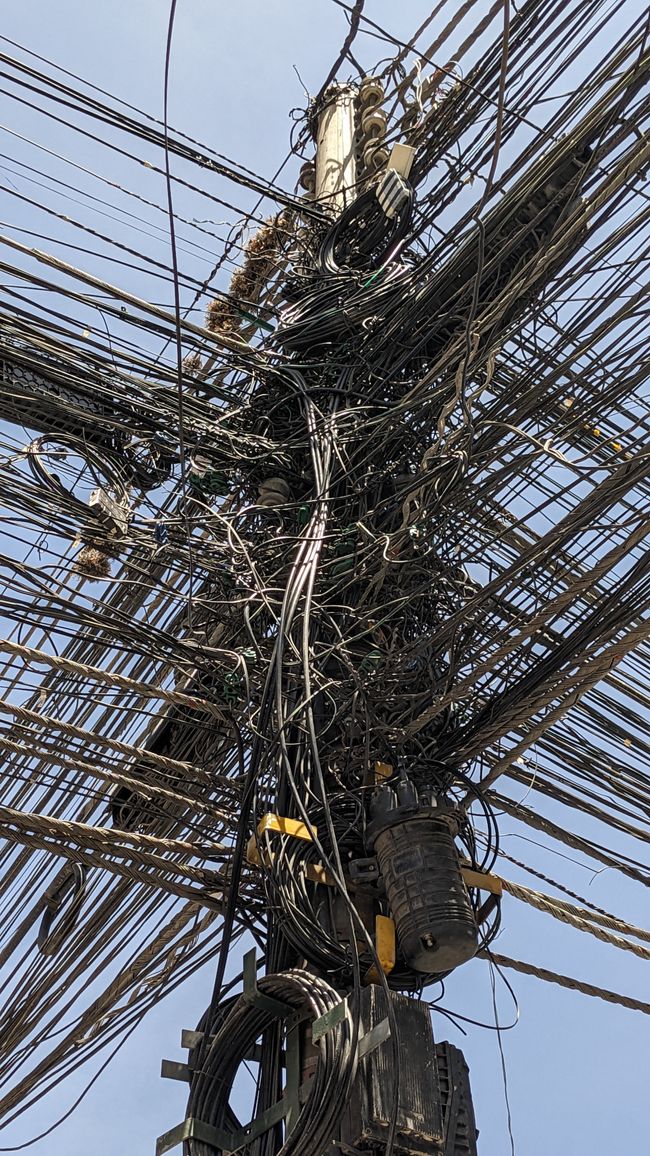
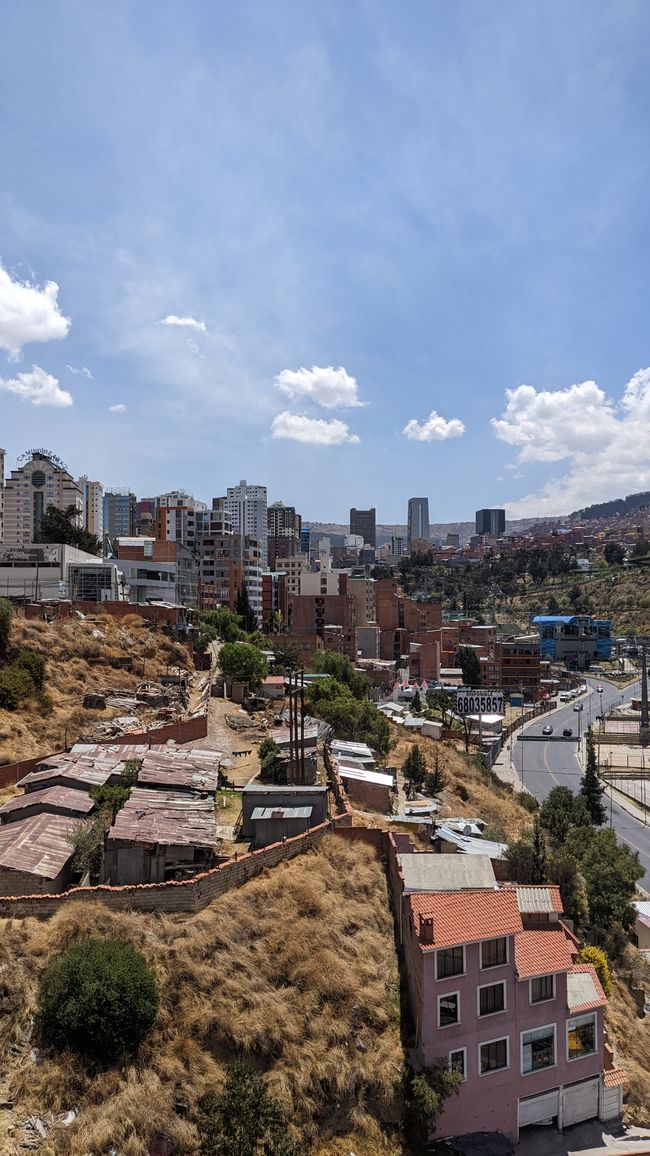
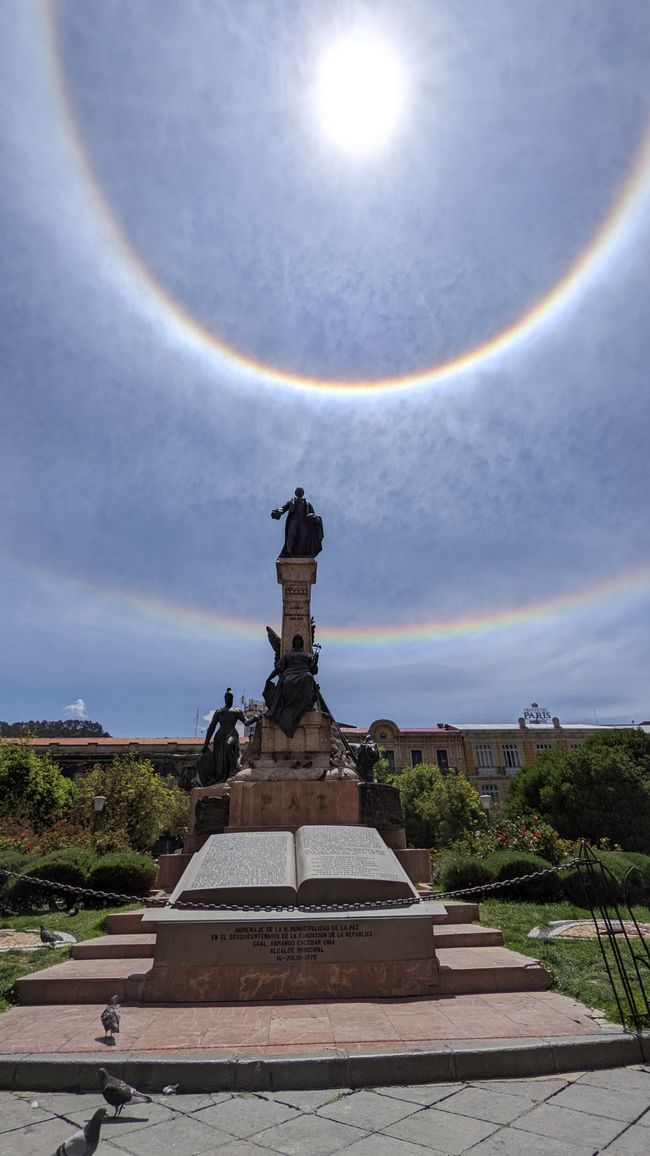
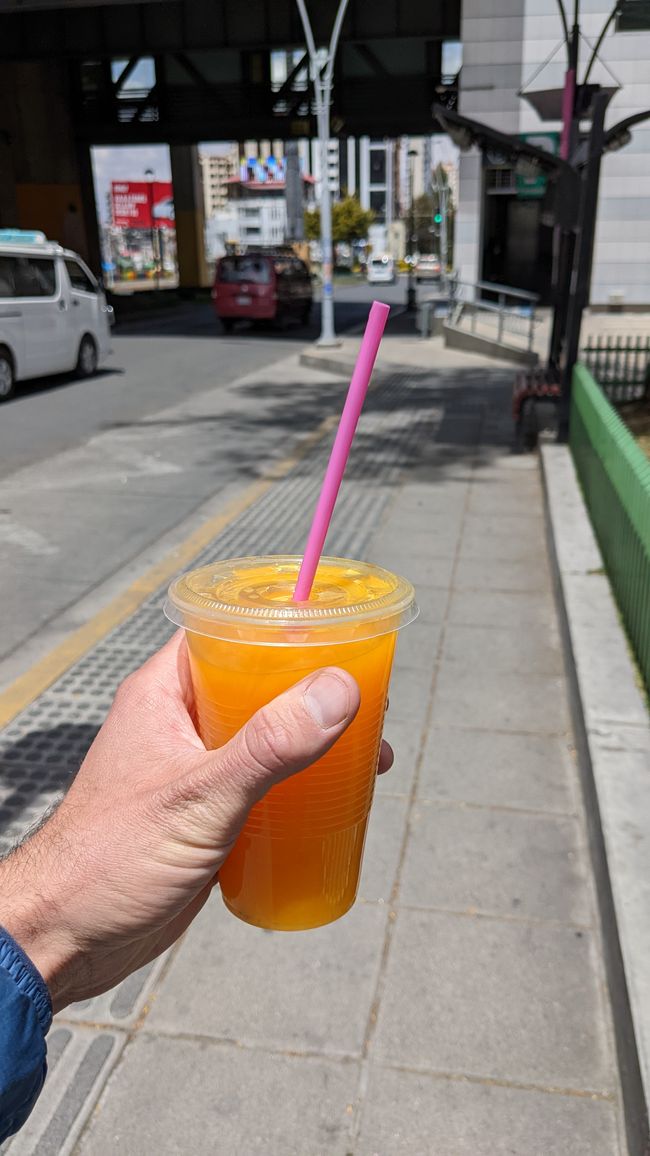
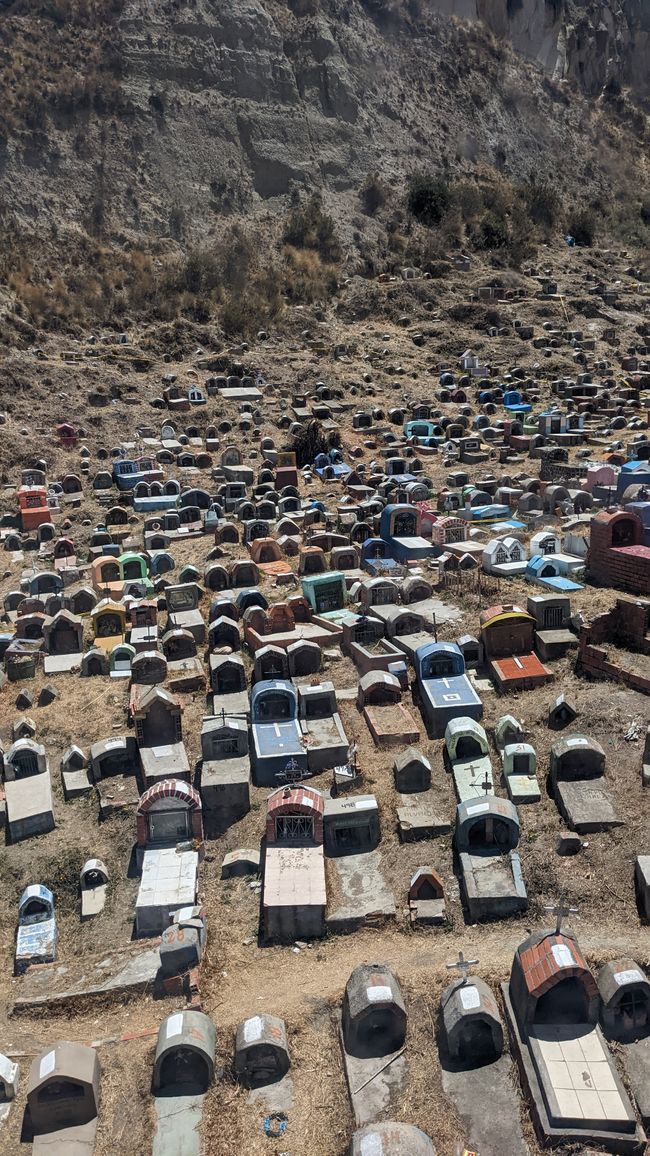
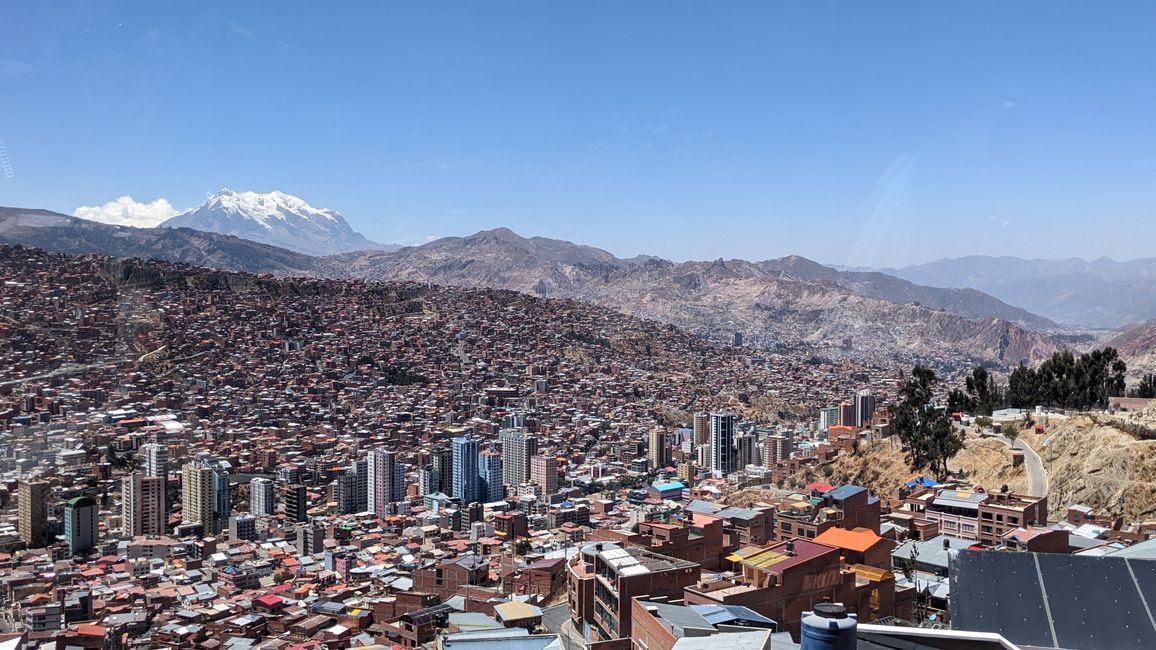
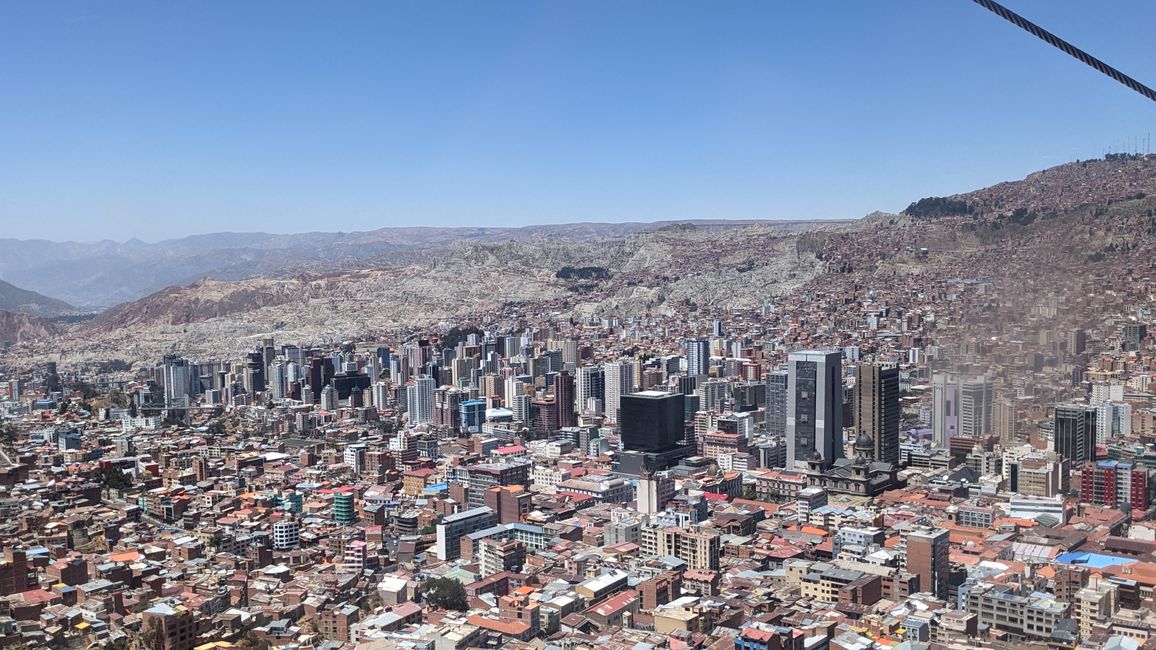
समाचारपत्रको सदस्यता लिनुहोस्
Announced a thousand times and postponed just as often, I have actually managed it and set off to travel South America for 7 months. For various reasons (especially laziness), I have always resisted making a travel blog, but I was finally persuaded by my trusted dentist (thanks Pesch!!). Honestly, I don't know exactly how intensively and motivated I will maintain this blog. I will try my best :). Furthermore, it goes without saying that I will consistently ignore all spelling and comma mistakes...
Since I have allowed myself enough time for traveling and flexibility in planning is important to me, I will have to determine the exact travel route. Roughly, I have planned to travel from Bolivia through Argentina to Patagonia, and then travel north through the Andes (Chile) to Peru, Ecuador, and Colombia. Let's see how far I will actually get in the end...
Prior to the trip, I expressed my concerns and fears (especially regarding safety) several times. This is mainly because I will be mostly traveling alone and I have limited desire to be fooled and/or robbed. In this context, I was and still am very grateful that right at the beginning of the trip I was allowed to stay with a colleague (Joelle) in La Paz for several days. This made the start much easier for me. Apart from that, it also requires a certain acclimatization time at this altitude. La Paz is located above 3500 meters!!
27.09.22-28.09.22
Contrary to my fears, the approximately 19-hour journey from Bern via Geneva, Madrid, Cochabamba, and finally La Paz was quite tolerable. Even "el Condor" (see pictures) survived the trip almost unscathed, although the drug authority at Cochabamba airport suddenly thought that it could possibly be used to smuggle marijuana. After Joelle kindly picked me up at the airport, I was able to experience one of the absolute highlights of the city in the first few hours in La Paz - the Telefericos (= cable cars). Under the government of the universally popular President Evo Morales ;) and with the help of an Austrian cable car company, these have been put into operation throughout the city since 2014. There are now a total of 10 cable car lines in La Paz and El Alto, with more already planned. With a total track length of over 30 kilometers, it is the largest urban cable car network in the world. Due to the ongoing traffic chaos and the topographical limitations of the transport infrastructure, the means of transport is becoming increasingly popular among the population. Riding the gondolas over the city (sometimes under bridges or between skyscrapers) is an experience that is hard to put into words. For me, the Telefericos proved to be the ideal introduction to get a rough overview of the city. Therefore, aimlessly riding the cable car was our main activity on the first day in La Paz.
29.09.22
After being able to be "safe" with Joelle yesterday, today I had to explore the city on my own. Knowing that I had to move around independently in a hectic and chaotic million-city and considering my (probably slightly exaggerated) general safety concerns, I felt quite uneasy about it. The fact that my Spanish skills can only be described as modest was not particularly helpful in this respect. But since I didn't want to hang out in Joelle's apartment all day, I mustered up all my courage and took the Telefericos to the city center.
After a long cable car ride, I decided to visit the market in El Alto (= "the altitude", adjoining the lower-lying La Paz). The Mercado 16 de Julio is a market popular with locals, whose dimensions are unimaginable. The market covers several square kilometers (400 blocks) at an altitude of over 4000 meters and you can find almost anything imaginable. In addition to absurdly many stands with car spare parts (even window crank handles :)), there are hundreds of vegetable sellers, countless herbal medicine sellers, clothing and food stands, etc., etc.... The hanging and partially dried llama fetuses will definitely remain the most memorable for me. Allegedly, they are supposed to bring luck if they are walled into the house! Nevertheless, I did not buy one. The rest of the day I dedicated to further exploring La Paz, where I was hopelessly overwhelmed with orientation (no city map and no internet access, no wonder...)
30.09.22
Today, too, was mainly dedicated to exploring La Paz (see pictures). La Paz is not exactly a place of tranquility and contemplation. The combination of congested, narrow streets, constant honking, and dense crowds (especially in the city center) initially overwhelmed me a bit. As a pedestrian, you always have to be on the lookout for not becoming a victim of a seemingly out of nowhere approaching minibus :). Nevertheless, I gradually got used to the groove of the city. In the course of the morning, an impressive halo phenomenon appeared in the sky, which I had never seen before. Apparently, an attentive Gringo (=term for all tourists) discovered this and informed me right away for 20 minutes.
01.10.22
Today we booked a tour in El Alto to visit the numerous Cholets. Cholets are colorful, glittering, and in some cases very extravagant buildings (see Transformers house), which do not really fit into the cityscape of the otherwise rather uniform rows of houses. The name Cholets can be derived from the combination of the words Chalet (since the roofs are often modeled after Swiss chalets) and Cholo (see Wiki:)). Usually, the mostly nouveau riche owners live on the top floor of the buildings. On the ground floor, there are usually shops or restaurants. On the 2nd/3rd floor, there are often incredibly pompous ballrooms where weddings, birthdays, and other celebrations are held. The upper floors contain privately owned and rental apartments. The owners are mostly nouveau riche merchants who have realized their wealth through informal trade and are proud to be able to show it off as prominently as possible. The showy buildings are in complete contradiction to the often abandoned houses in the surrounding area. By the way, an interesting fact about this: Most houses in La Paz are deliberately not completed (top floor in the shell, no roofs, often no paint) to pay less taxes.
समाचारपत्रको सदस्यता लिनुहोस्
जवाफ (4)
Andrea
Ahh da wärde grad Erinnerige wach. Gniess dini ReisAndre
Sicher doch 😀Mathias
Sehr unterhaltsam bis jetzt, keep it up (und lass dich nicht vom Minibus überrollen;-)) P.s: bis jetzt kaum Rechtschreibefehler gefunden, ich werde mich hütenPejman
Irgendwie hani zgfüeu El Condor wird no grosses bewürke u wird dr Afüehrer vore neue Bewegig😂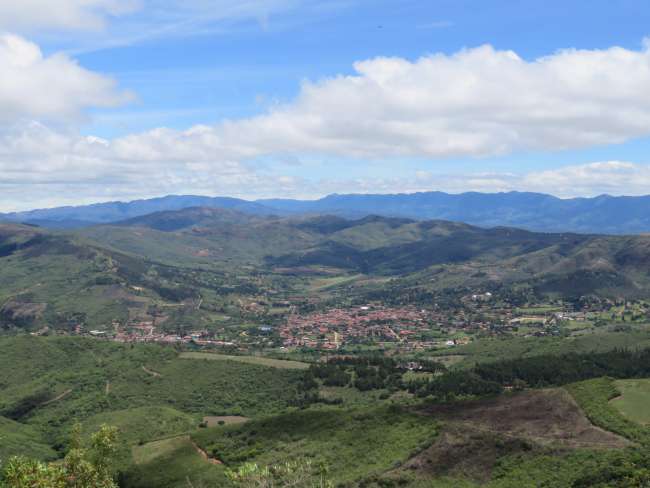
यात्रा रिपोर्टहरू बोलिभिया
